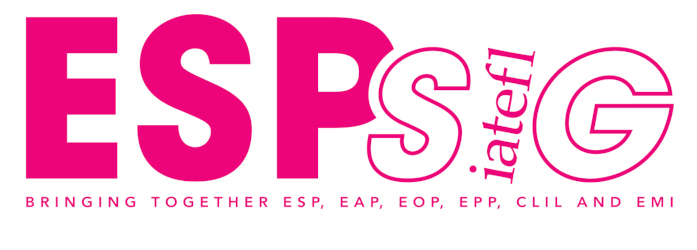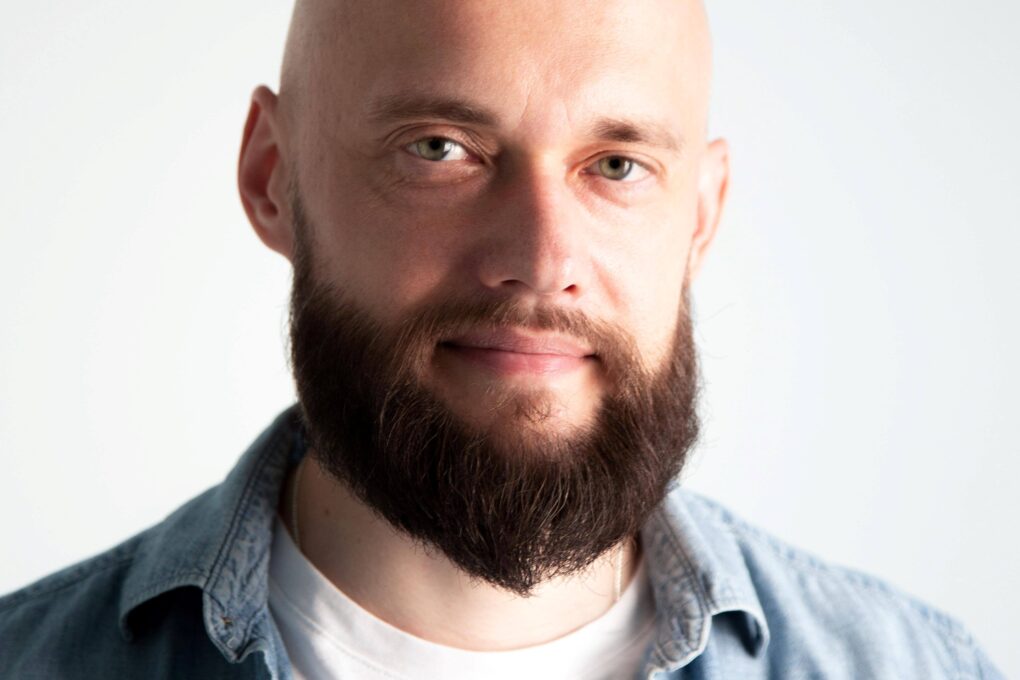Serhii Petrenko is the 2025 Roving Reporter Scholarship winner. Here is his short bio:
Serhii Petrenko, Ph.D., works as an Associate Professor at the Foreign Languages Department of Taras Shevchenko National University of Kyiv (Ukraine). He holds the Cambridge Delta, has organised and facilitated multiple projects, trainings and webinars, e.g. “English as a Medium of Instruction” (2021-2024), United Business Community Project (2022), British Council’s courses “Developing Teaching Skills in ESP” (2021-2022) and “Teaching in a New Context” (2022-2023), etc. At his alma mater, he has been teaching ESP and EAP to students of political science, history, and public administration. His hobbies are long-distance running, chess, and travelling. He believes that teachers should help students develop not only language skills, but also 21st-century skills (e.g. communication, critical thinking, creativity, media literacy, leadership and adaptability).
Meet our Roving Reporter Winner!
We interviewed Serhii to give him the opportunity to share his emotions and impressions about his participation at the IATEFL conference in Edinburgh 2025. Here are his answers:
1. What made you apply for the ESPSIG scholarship?
As a university teacher of ESP and EMI in wartime Ukraine, I was looking for ways to share our stories of resilience and professional innovation with a wider international audience. The ESPSIG Roving Reporter Scholarship offered a unique opportunity to share challenges we face today, and how we try to find ways out. Drawing on my experience of organising and facilitating national and international workshops and research collaborations, I sought to connect with like-minded professionals, and explore emerging practices. I viewed this grant as a means of advocating for Ukraine through education, contributing to a broader vision of hope and reconstruction.
2. Reflecting on your attendance at the IATEFL conference in Edinburgh and the presentation(s) you gave, what did you think of this event?
In my presentations on holistic and asset-based ESP teaching, I used metaphors inspired by iconic Scottish writers such as Robert Burns, Walter Scott, Robert Luis Stevenson Stevenson and Arthur Conan Doyle to shed new light on assessment and ESP pedagogy. Beyond my own sessions, I found the conference to be a dynamic global platform where important topics such as AI in education, teaching through crises, and reimagining ESP and Business English were discussed. I was especially proud to stand alongside my colleagues from my alma mater, TESOL-Ukraine, and British Council Ukraine, presenting not just research, but also the spirit and strength of Ukrainian educators.
3. What were your impressions of the ESPSIG Pre-Conference event and Showcase?
The ESPSIG Pre-Conference Event and Showcase featured a variety of sessions covering topics including ESP materials writing, AI integration, and storytelling. The events emphasised innovative practices and profound reflections on the current state of ESP teaching. I made new contacts from various countries, gained new project ideas, and developed an even stronger belief in the value of collaborative and interdisciplinary ESP and EMI teaching.
4. How has your participation at the 2025 IATEFL conference impacted your professional development?
As a university Associate Professor, and TESOL-Ukraine International Coordinator, I now feel better equipped to design courses, training programmes, workshops, and collaborative research projects on EMI, holistic and asset-based approaches to teaching ESP, social-emotional learning, and soft skills (networking, presentations, and negotiations) in Business English. I also have a multitude of resources to support both students and colleagues. The connections I made with educators from around the world have already resulted in new ideas for future virtual exchanges, collaborative scientific publications, and mentoring projects.
5. Tell us about some of the interesting and inspiring ideas you gained from your experience as an ESPSIG scholarship winner.
I found the ideas around integrating AI into ESP course design and writing materials particularly inspiring. This has enabled me to enhance my own curriculum for students of public administration, political science, and history. Furthermore, I met educators who combine research, creativity, and empathy in their work.

